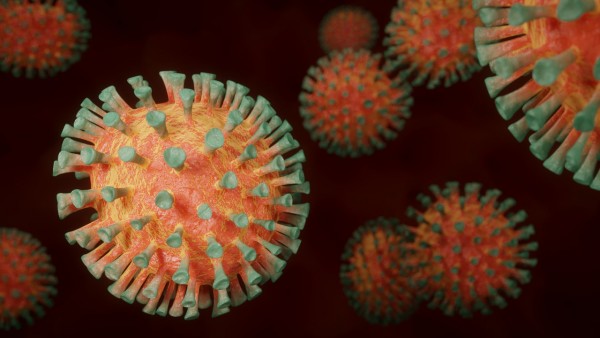Researchers Expose Tiny Variants in Genes That May Dictate COVID-19 Severity
Healthy individuals have become infected with COVID-19 and developed dangerous side effects. However, at the same time, a lot of their generations have simply shrugged off the condition.
Unidentified factors are evidently leaving some people susceptible to the worst effects of the pandemic. However, some of them are young, are not overweight, and do not experience other evident health issues.
In relation to this, researchers think that tiny genetic differences have caused some to be struck down, while many others, saved from danger.
These differences in DNA are currently being tracked by scientists who believe they provide a pathway to developing new treatments that could stop several of the worst impacts of suffering from COVID-19.
ALSO READ: Researchers Find a Correlation Between Zinc Deficiency and Poor COVID-19 Outcomes

Researchers think that tiny genetic differences have caused some COVID-19 patients to be struck down, while many others, saved from danger.
Genetic Findings
Reports on this new finding indicate that key developments comprise research that specifies the "interferon, a molecular messenger that activates immune defenses against entering viruses," may play an important role in shielding the body.
Essentially, scientists have discovered that rare mutations in some individuals may leave them incapable of making sufficient supplies of the interferon needed for the triggering of effective immune reactions to COVID-10. Tests using interferon as treatments for COVID-19 are currently underway at numerous centers.
According to a professor of emerging infectious diseases, Martin Hibberd at the London School of Hygiene and Tropical Medicine, "These genetic findings give us very clear insights."
He also said that such genes are natural biological experiments suggesting that people producing more interferon when infected have a better reaction to the infection. And that Hibberd, "in turn, tells us that patients could well benefit from treatment with interferon."
DON'T MISS THIS: COVID-19 Update: Recent Developments Regarding the Infectious Disease
The TYK2 Gene
The study is also focusing on a gene called TYK2. The findings also indicate that some of these gene variants are engaged in triggering some auto-immune illnesses like rheumatoid arthritis or RA. More so, it appears to engage in resulting in severe COVID-19, as well.
Meanwhile, in their research, the study authors indicate that baricitinib, a drug developed for RA treatment, has "a genetic common denominator with COVID-19," which has resulted in being used in clinical trials the infection.
In October, Eli Lilly, a pharmaceutical firm, announced that early results found that the medicine helped in patients' recovery from COVID-19.
Wellcome Sanger Institute's COVID-10 genomic surveillance program's Jeffery Barrett said the crucial point is that "By understanding the effect of gene variants in the body, we can now think" about looking for drugs that could block their trails and help COVID-19 patients.
What's not good though, Barrett explained, is that it can take many years of experimentations "to find treatments this way."
The good news, on the other hand, is that there are currently so many researchers working on this kind of thing that Barrett continued, "We might still some quick answers."
Other Genes Unveiled
Other studies, led by Edinburgh University's Kenneth Baillie, outlined in a recent Science issue, have unveiled several other genes that seem essential.
These comprise OAS genes stimulated by interferon and code for proteins that are engaged in breaking down viral RNA from which the virus is made.
Baillie's research, according to reports, has yet to be peer-reviewed. More so, he has counseled carefulness in terms of interpreting this work.
IN CASE YOU MISSED IT: Case Report at Children's National Hospital Raises Concern for Resistance to Antibiotic
Check out more news and information on COVID-19 on MD News Daily.
Nov 02, 2020 10:00 PM EST





